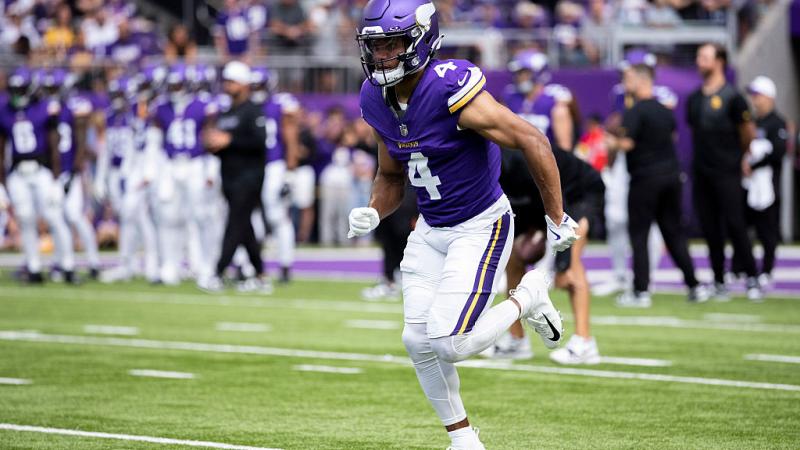Philadelphia becomes first major city to ban police stops for minor traffic violations
The new rule targets “secondary violations” that include things such as expired registration, a single broken piece tail light or missing inspection and emissions testing certificates.
Philadelphia became the first major U.S. city to ban police stops for minor traffic violations in an effort to reduce harmful interactions between law enforcement and people of color.
Mayor Jim Kenney signed legislation Monday, some two weeks after the city council voted 14-2 in favor of the policy, which will limit traffic stops to primary violations that threaten public safety.
“To many people who look like me, a traffic stop is a rite of passage – we pick out cars, we determine routes, we plan our social interactions around the fact that it is likely that we will be pulled over by police,” said Council Member Isaiah Thomas, who introduced the ordinance. “By removing the traffic stops that promote discrimination rather than public safety, City Council has made our streets safer and more equitable”
The new rule targets “secondary violations” that include things such as expired registration, a single broken piece tail light or missing inspection and emissions testing certificates.
Thomas said the bill redirects law enforcement’s efforts toward promoting public safety while lessening “negative interactions that widen the divide and perpetuate mistrust.”
The city police department will have 120 days to train officers on the new ordinance.
In Philadelphia, 62% of police officers and 7 in 10 homicide investigators are white, despite accounting for less than one-third of the overall population.
During a July 2020 legislative hearing about police arbitration concerns, the Defenders Association of Philadelphia said its analysis of 1,200 officer interactions with people of color resulted in confiscation of contraband “considered detrimental to society” less than 1% of the time.
Thomas also sponsored a companion bill that creates a searchable database of traffic violations that will track driver and officer information to better illuminate how widespread and deep the problem goes. City council approved the measure, 15-1.
“Data and lived experiences showed us the problem and data will be key to making sure this is done right,” he said. “Data will tell us if we should end more traffic stops or amend how this is enforced. Data will also tell other cities that Philadelphia is leading on this civil rights issue and it can be replicated.”















